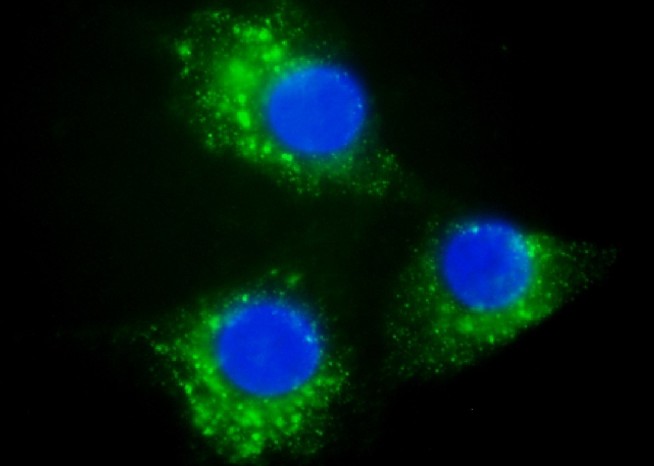
The glycobiology research theme is focused on:
Structural characterisation of glycans, which are the sugar portions of glycoproteins that are found in cell membranes and in blood and other biological fluids. Mass spectrometry is the primary tool for documenting these complex structures. Systems of particular interest include glycobiology of host/pathogen and host/commensal interactions, glycobiology of mammalian fertilization and reproduction, biotherapeutic recombinant glycoproteins, and basic metabolism impacting on glycosylation.
Sugar-binding receptors responsible for cell-cell communication and for sugar-directed trafficking of glycoproteins. These receptors are particularly important in the immune system, where they both serve as adhesion receptors and participate in pathogen recognition as part of the innate immune response. The aim is to understand how these receptors respond to information in complex sugar structures at the molecular and cellular levels.
Biosynthesis and interactions of proteoglycans in the extracellular matrix. Proteoglycans, which carry extended polysaccharides, organize the matrix and facilitate interactions with cells. Structural and chemical biology approaches are employed to understand how appropriate sugar structures are generated and how they bind to cell surface receptors.
Institutes, centres and initiatives
This Research Theme is associated to the following institutes, centres and initiatives:
Academic Staff in this area
Professor Anne Dell CBE FRS FMedSci FAA
Professor Anne Dell CBE FRS FMedSci FAA
Professor of Carbohydrate Bichemistry
Professor Kurt Drickamer
Professor Kurt Drickamer
Chair in Biochemistry
Professor Stuart M Haslam
Professor Stuart M Haslam
Professor in Structural Glycobiology
Professor Erhard Hohenester
Professor Erhard Hohenester
Professor of Structural Matrix Biology
Emeritus Professor Howard R Morris FRS
Emeritus Professor Howard R Morris FRS
Senior Research Investigator
Dr Maureen E Taylor
Dr Maureen E Taylor
Reader in Biological Chemistry
Postgraduate research
Interested in studying a PhD at the Department of Life Sciences? Find out more about postgraduate research opportunties.